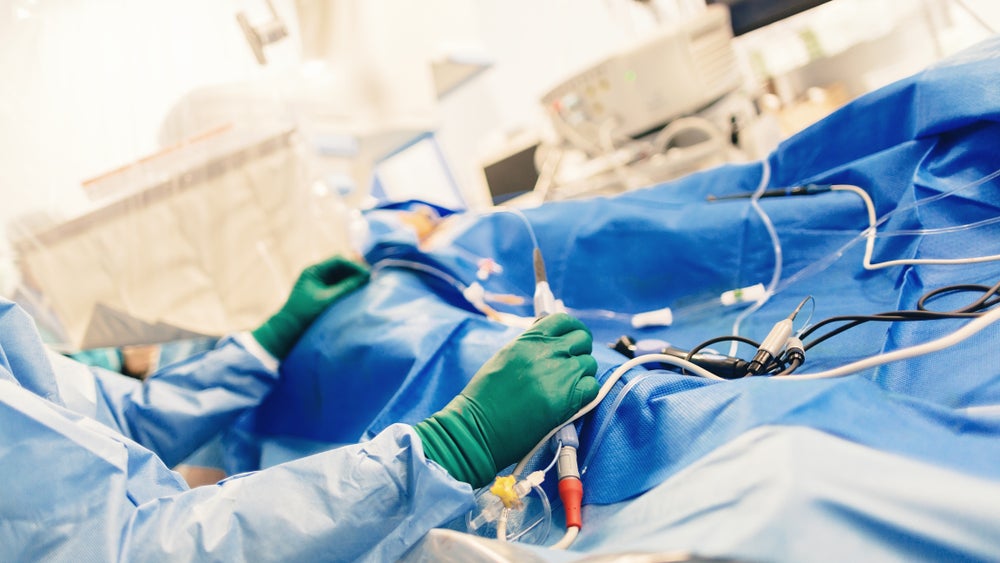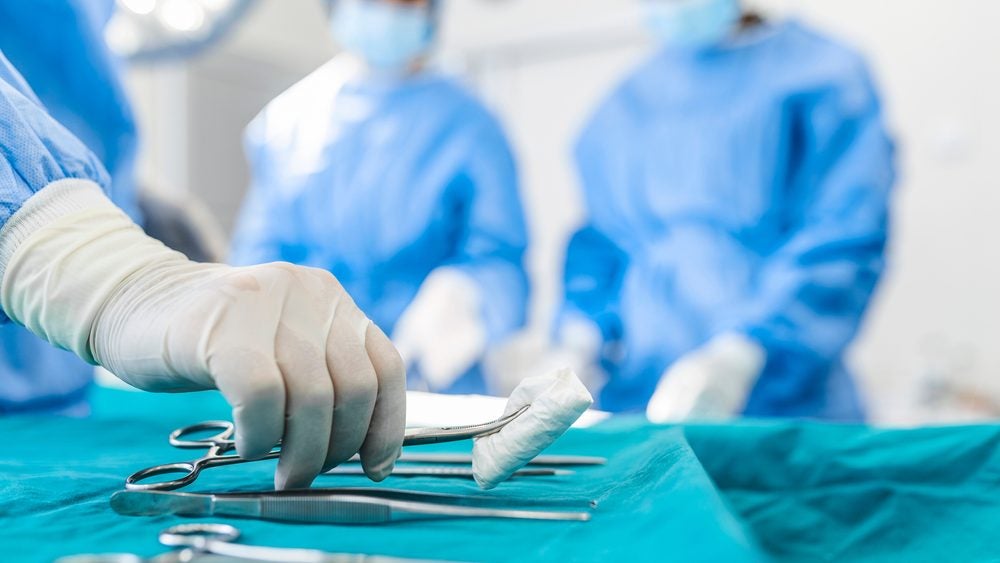Lantheus has patented a method using artificial intelligence to analyze medical images, like PET scans, to predict disease status and risk, particularly for aggressive cancers like prostate cancer. The automated system can assist in improved cancer diagnosis and treatment by providing valuable insights. GlobalData’s report on Lantheus gives a 360-degree view of the company including its patenting strategy. Buy the report here.
According to GlobalData’s company profile on Lantheus, was a key innovation area identified from patents. Lantheus's grant share as of February 2024 was 52%. Grant share is based on the ratio of number of grants to total number of patents.
Automated analysis of medical images for predicting disease status
A recently granted patent (Publication Number: US11900597B2) discloses a method and system for determining predicted disease status and corresponding risk values based on the automated analysis of intensities from a three-dimensional (3D) functional image. The method involves receiving a 3D anatomical image of a subject, identifying a target tissue volume of interest within the image, receiving a 3D functional image of the subject, and using a machine learning module to predict disease status and risk values based on the intensities of voxels in the functional image corresponding to the target tissue volume identified in the anatomical image. The system includes a processor and memory with instructions for executing the method steps, including identifying voxels in the functional image corresponding to the target tissue volume and utilizing a convolutional neural network for the machine learning module.
Furthermore, the method and system described in the patent involve classifying predicted disease status into categories such as overall metastases, particular metastases types, or no metastases based on likelihood values generated by the machine learning module. The values determined represent the likelihood of the subject developing one or more metastases, with the option to assess specific types of metastases. The anatomical image can be a CT scan, while the functional image can be a PET or SPECT image obtained post-radiopharmaceutical administration. The target tissue volume of interest can correspond to various regions like the brain, breast, lung, liver, colon, or stomach, associated with localized disease, enabling a comprehensive analysis for predicting disease status and risk values accurately.
To know more about GlobalData’s detailed insights on Lantheus, buy the report here.
Data Insights
From

The gold standard of business intelligence.
Blending expert knowledge with cutting-edge technology, GlobalData’s unrivalled proprietary data will enable you to decode what’s happening in your market. You can make better informed decisions and gain a future-proof advantage over your competitors.







